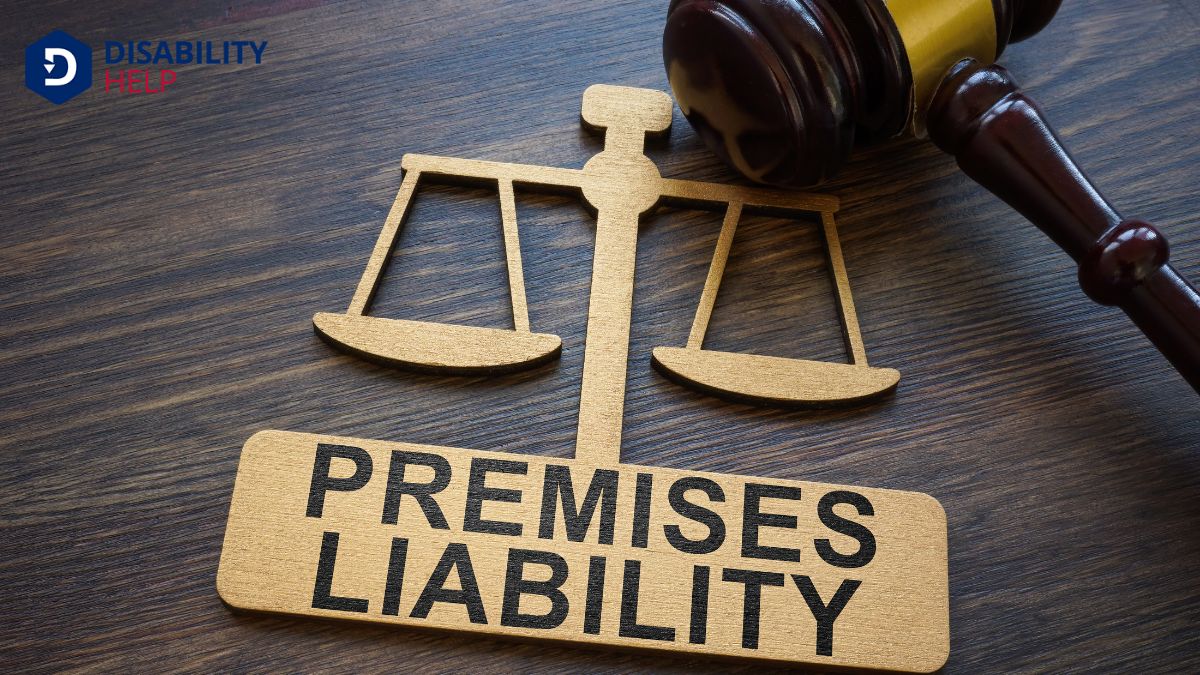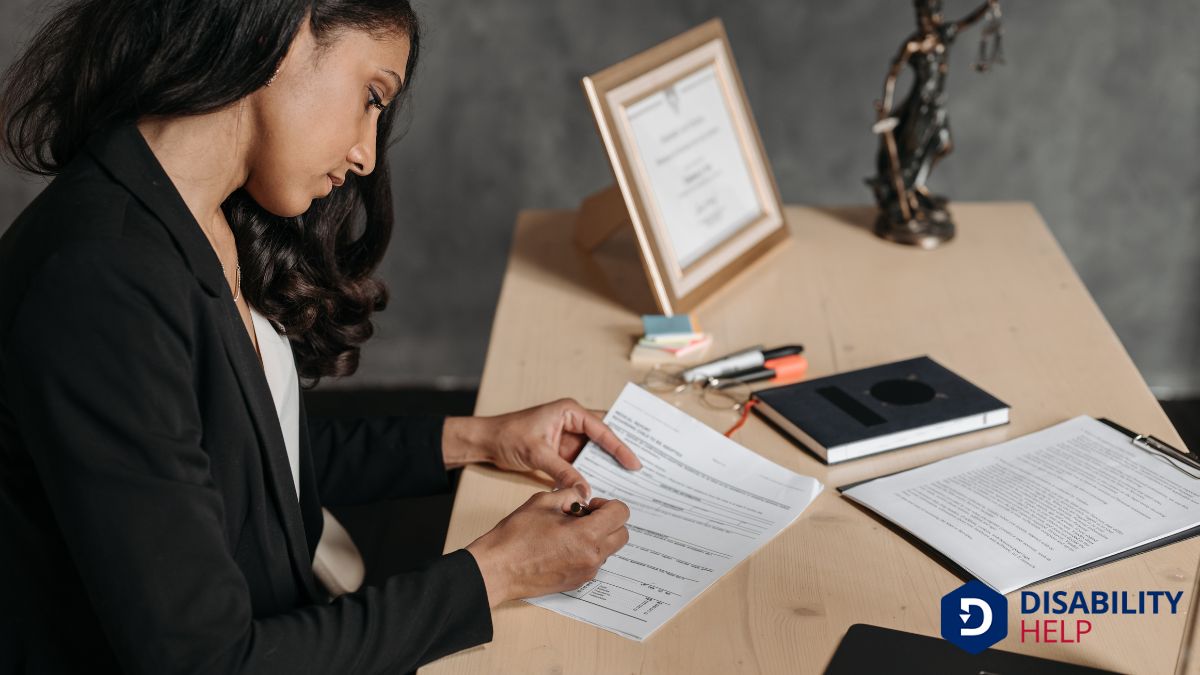When we find ourselves injured on a business's premises, it’s natural to wonder if we can hold them accountable. Can we sue for our injuries? To succeed, we must prove the business neglected its duty to maintain a safe environment. This involves showing their negligenceA legal concept where a party fails to exercise reasonable care, resulting in harm to another person... led directly to our harm. But how do we gather the right evidence and navigate the legal complexities? Let's explore the steps involved in pursuing such a claim.
Key Takeaways
- You can sue if the business neglects its duty to maintain a safe environment for visitors.
- Establishing negligence requires showing the business knew of the hazard and did nothing.
- Evidence like photos, witness statements, and medical records strengthens your injury claim.
- Consult an attorney to assess the viability and strength of your premises liability case.
- Filing a lawsuit involves documenting the incident and demonstrating a direct link to your injury.
Understanding Premises Liability

When considering the possibility of suing a business for an injury, it’s crucial to understand the concept of premises liability.
Premises liability holds property owners and operators responsible for accidents and injuries that occur on their premises. We need to know that businesses are legally required to make certain their property is reasonably safe for visitors. If they're aware of a hazardous condition and fail to address it, they may be liable for resulting injuries.
Our role as potential plaintiffs is to demonstrate that the business neglected its duty of care. We should gather evidence showing the business knew, or should've known, about the danger and didn't take appropriate action.
This understanding equips us to evaluate whether a claim is justified and how we might proceed.
Types of Injuries That May Lead to a Claim
While understanding premises liability helps us grasp the legal framework, identifying specific types of injuries that may lead to a claim is equally important.
When we're injured on a business's property, it's essential to know what incidents might warrant a legal claim. Injuries can vary widely, but certain types are more common in these situations:
- Slip and fall accidents: Often due to wet floors, uneven surfaces, or poor lighting, these can cause serious harm.
- Falling objects: Items improperly stored or unsecured can lead to head injuries or worse.
- Improper maintenance: Broken stairs, faulty railings, or malfunctioning equipment can lead to accidents.
Recognizing these common injuries helps us assess the situation better and decide on the appropriate steps to take in asserting our rights.
Establishing Negligence in Your Case
To successfully sue a business for an injury, we must establish negligence on their part. This means proving that the business failed to exercise reasonable care, leading to our injury.
We need to identify the duty of care the business owes us. For example, they must guarantee their property is safe for visitors.
Next, we demonstrate how the business breached this duty. Did they ignore a safety hazard or fail to fix a known issue?
We need to link this breach directly to our injury, showing that their failure caused us harm.
Finally, we must prove the injury resulted in damages, like medical bills or lost wages. Establishing these elements helps build a strong case for our claim.
Gathering Evidence for Your Lawsuit
Let's focus on gathering evidence for our lawsuit by starting with collecting witness statements and documenting injury details.
We'll need to reach out to anyone who saw the incident and ask them to share their accounts in writing.
It's also essential that we capture clear photos of our injuries and keep detailed records of medical treatments to strengthen our case.
Collecting Witness Statements
Gathering witness statements is an essential step in building a strong case for your lawsuit. When we collect statements, we guarantee our evidence reflects an accurate account of the incident.
Witnesses provide firsthand perspectives that can support our claims and highlight details we might've overlooked. It’s important to act swiftly to preserve their memory of the event.
Here are some tips for collecting effective witness statements:
- Identify and Approach Quickly: Reach out to witnesses soon after the incident to guarantee their recollections are fresh.
- Ask Open-Ended Questions: Encourage detailed responses by asking questions that require more than a yes or no answer.
- Document Contact Information: Obtain their full name, phone number, and email address for follow-ups or clarifications.
Documenting Injury Details
When building a solid case, documenting injury details is essential for gathering evidence in your lawsuit. We need to act promptly to guarantee accuracy and preserve significant information.
First, let’s take photos of the injury, the accident scene, and any hazardous conditions. These images provide a visual record that can be invaluable.
Next, we should write down everything we remember about the incident as soon as possible. Details like time, weather conditions, and how the accident occurred are imperative.
If there are any physical damages, like torn clothing or broken personal items, let’s keep them as evidence.
It’s also important to seek medical attention immediately and keep all related records, as medical documentation strengthens our case.
Navigating the Legal Process
Although the prospect of taking legal action can seem intimidating, understanding the steps involved in maneuvering through the legal process after an injury in a business setting is essential.
We need to grasp the basics to guarantee we're adequately prepared. Here's a simplified path to guide us:
- Consultation with an Attorney: Engaging a lawyer helps us understand our rights and the strength of our case.
- Filing a Claim: We'll file the necessary legal documents to officially begin the lawsuit process.
- Gathering Evidence: Collecting and organizing evidence, such as medical records and witness statements, strengthens our position.
As we navigate these steps, staying informed empowers us to make sound decisions and helps ease the stress often associated with legal proceedings.
Potential Compensation for Your Injuries
With the legal process underway, it's important to contemplate what types of compensation we might be entitled to after an injury in a business setting.
First, we should consider medical expenses, covering everything from emergency room visits to rehabilitationThe process of helping individuals with disabilities achieve and maintain their optimal physical, se.... These costs can add up quickly, so ensuring they're addressed is essential.
Next, lost wages may be recoverable if our injuries prevent us from working. Whether it's temporary or long-term, the impact on our income can be significant.
Additionally, pain and suffering compensation might be available, acknowledging the physical and emotional distress caused by the injury.
Lastly, some cases may allow for punitive damages if the business's negligence was particularly egregious.
Seeking Professional Legal Assistance

Maneuvering through the complexities of a legal case can be intimidating, so enlisting professional legal assistance is essential for a successful outcome.
A skilled attorney helps us understand our rights and the intricacies of personal injury lawThe area of law that deals with compensating individuals who have been injured, including those with.... They guide us through each step, ensuring we’re making informed decisions.
Hiring an attorney offers several benefits:
- Expert Evaluation: They assess the details of our case, determining the best legal strategy.
- Negotiation Skills: Attorneys negotiate with insurance companies to secure fair compensation.
- Court RepresentationThe way people with disabilities are depicted in media, culture, and politics, often influencing pub...: If necessary, they represent us in court, advocating on our behalf.
Conclusion
In summary, if we’re injured on a business's property, we have the right to seek justice by filing a lawsuit. By understanding premises liability, establishing negligence, and gathering solid evidence, we can strengthen our case. Steering through the legal process can be complex, but potential compensation for our injuries makes the effort worthwhile. Let’s not hesitate to seek professional legal assistance to guarantee our rights are protected, and we receive the justice we deserve.






